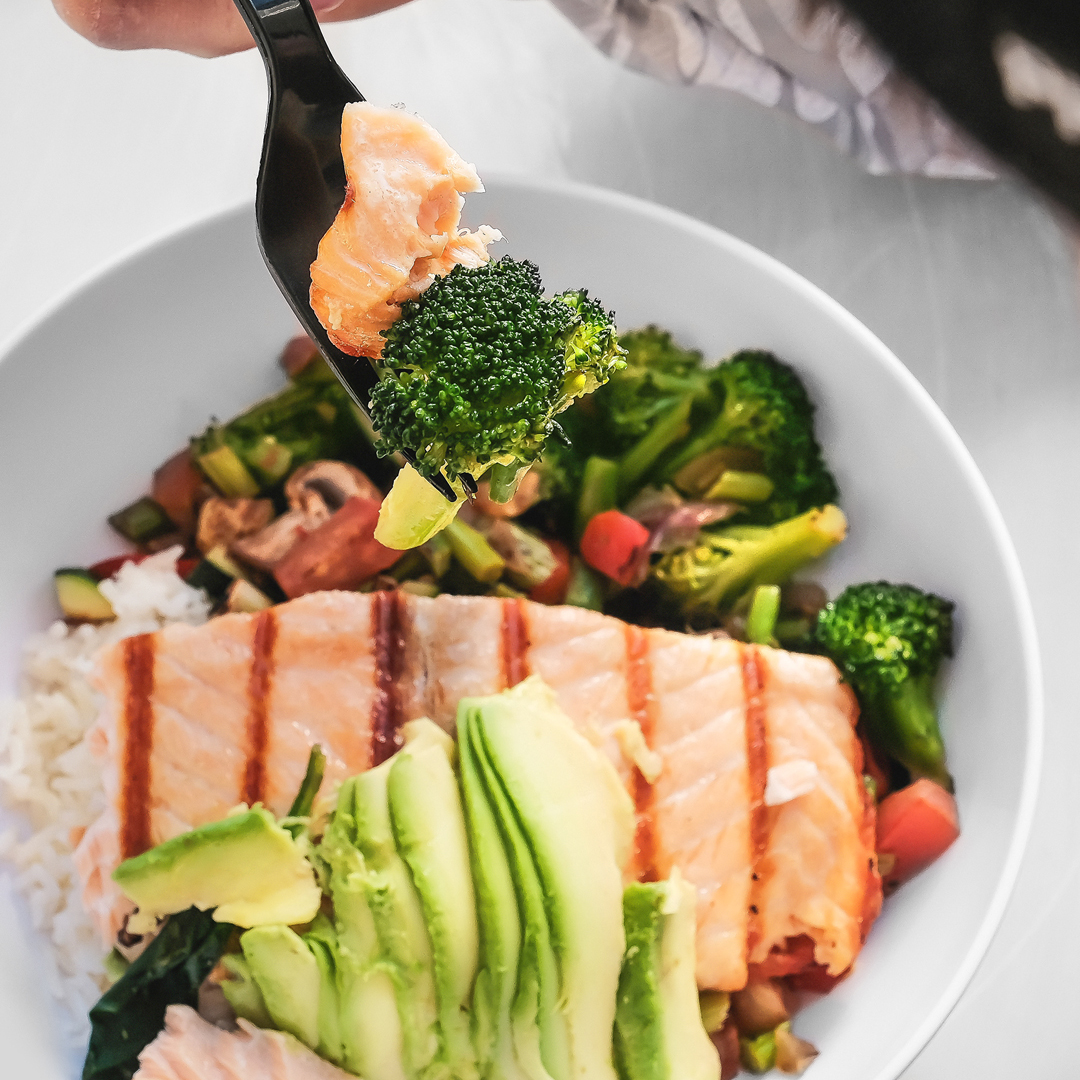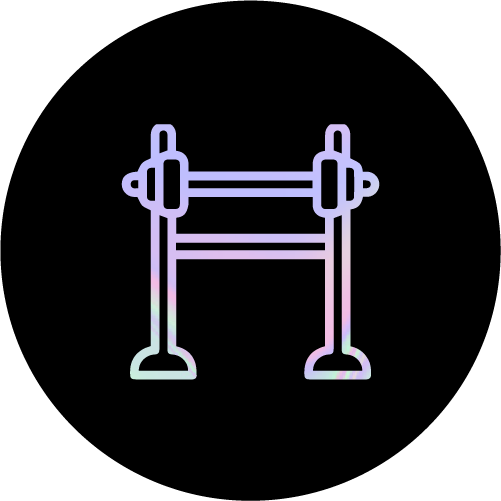Fuelling your workout like a pro: Nutrition and working out

You, darling, are a well-oiled machine, and just like a limited edition Lamborghini, you deserve only premium fuel. Your energy levels and post-workout recovery depend on what you put in your body, and when you do it. So, let’s explore what you should be eating – and when – so you can reap the maximum rewards.
Enjoy your carbs
“Low carb” and “no carb” diets have had moments in the sun but decades of research confirm that carbs are the unsung heroes of endurance exercise. The more active you are, the more you need them to fuel up. If you’re exercising regularly, nutrition experts at the Institute of Medicine suggest you consume at least 5 grams of carbohydrates per kilogram of your body weight. The healthiest source will be unprocessed, so choose whole grains like oats, brown rice and quinoa over the processed kind like pizza, doughnuts and sugary sodas.
Sculp your muscles with protein
Protein provides amino acids, the building blocks of lean muscle. Research suggests that highly active women should consume 1.8 grams of protein per kilogram of body weight. For those who prefer a more serene lifestyle, 1.2 grams per kilogram is ideal. If you’re active and weigh 55kg, this will translate to 99g of protein per day.
While this sounds like a lot, know that the average lean chicken breast will contains about 39g of protein. If you’re not a meat eater, explore soybeans (20g of protein per cup) and legumes like beans, peanuts and chickpeas (around 15g per cup) or invest in a vegan protein supplement. You could also pop into Protein House and indulge in a Muscle Freak shake. It’s a delicious-tasting chocolatey vegan dream and serves up an incredible 56g of protein!
Choose your fats wisely
Fat is not the enemy. In fact, it’s essential to your well-being, acting as the catalyst for your body to absorb essential vitamins. Still, not all fat is created equally. Healthy fats, such as monounsaturated and polyunsaturated fats, are found in foods like avocados, nuts, and fatty fish. They are known to support heart health and reduce inflammation. On the other hand, “bad for you” fats, like the saturated and trans fats found in fried and processed foods, can raise your cholesterol levels and risk of cardiovascular. This is why you don’t have to go “fat-free”, rather simply prioritise the healthy kind.
Pre-workout fuel is important – sometimes
If your workout is under one hour, research suggests pre-workout meals won’t have a significant impact on your performance but the sooner you eat before your workout, the smaller and easier to digest the meal should be to avoid any GI issues. If, however, you’re into very long endurance exercise, like a marathon running, you’ll maximise the results of your training if you eat a complete meal containing carbs, protein, and fat 2 to 3 hours before you head off.
Post-work fuel is important always
During your workout, your body dips into its energy reserves so it’ll be craving a quick recharge when you’re done. Studies suggest that consuming protein within the first 15 minutes post-workout will serve up the essential amino acids to “feed” and repair your muscles. This is why it’s a good idea to drink a protein shake right after any sweat session. Lastly, don’t forget to rehydrate and you’ll be all good to glow!













